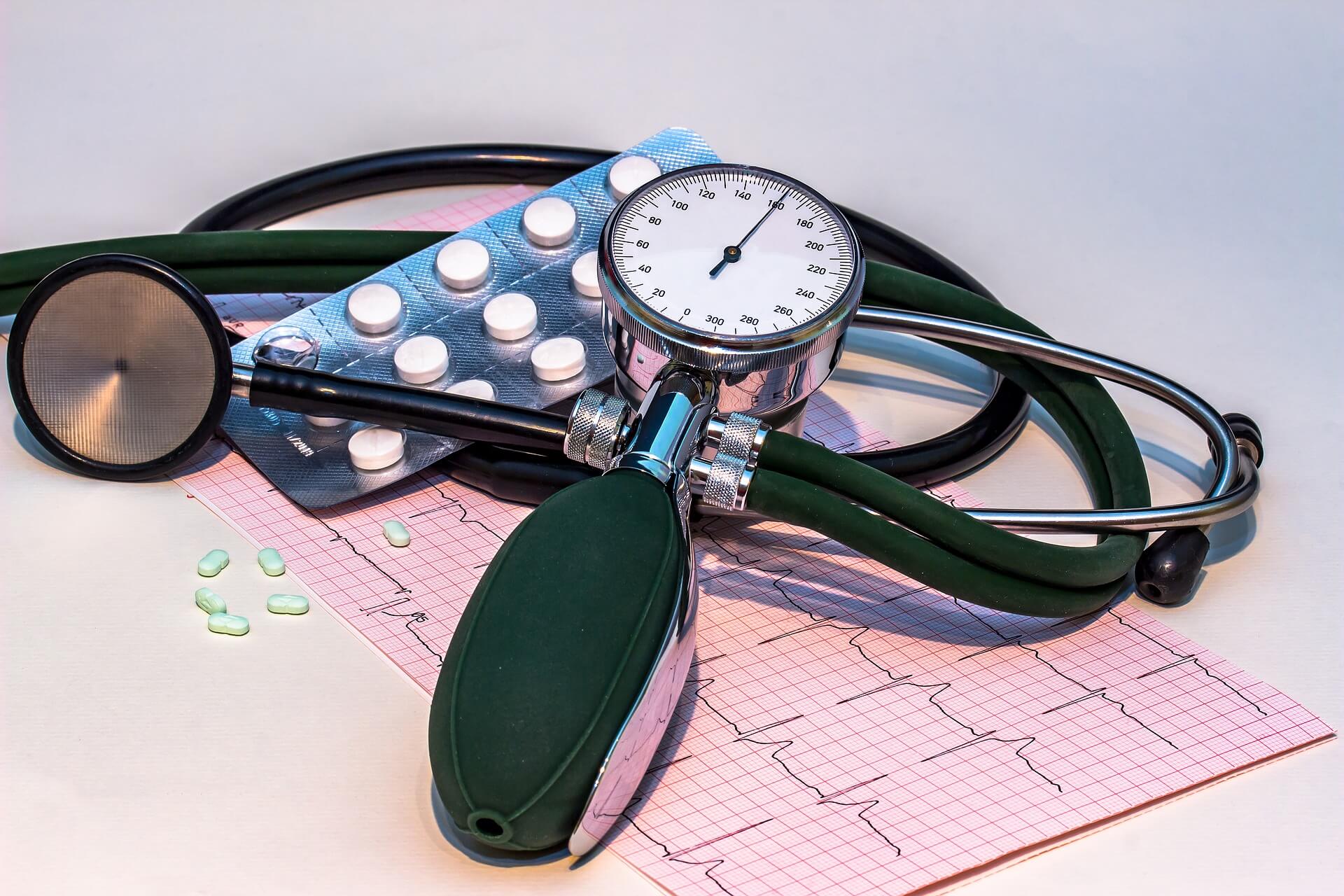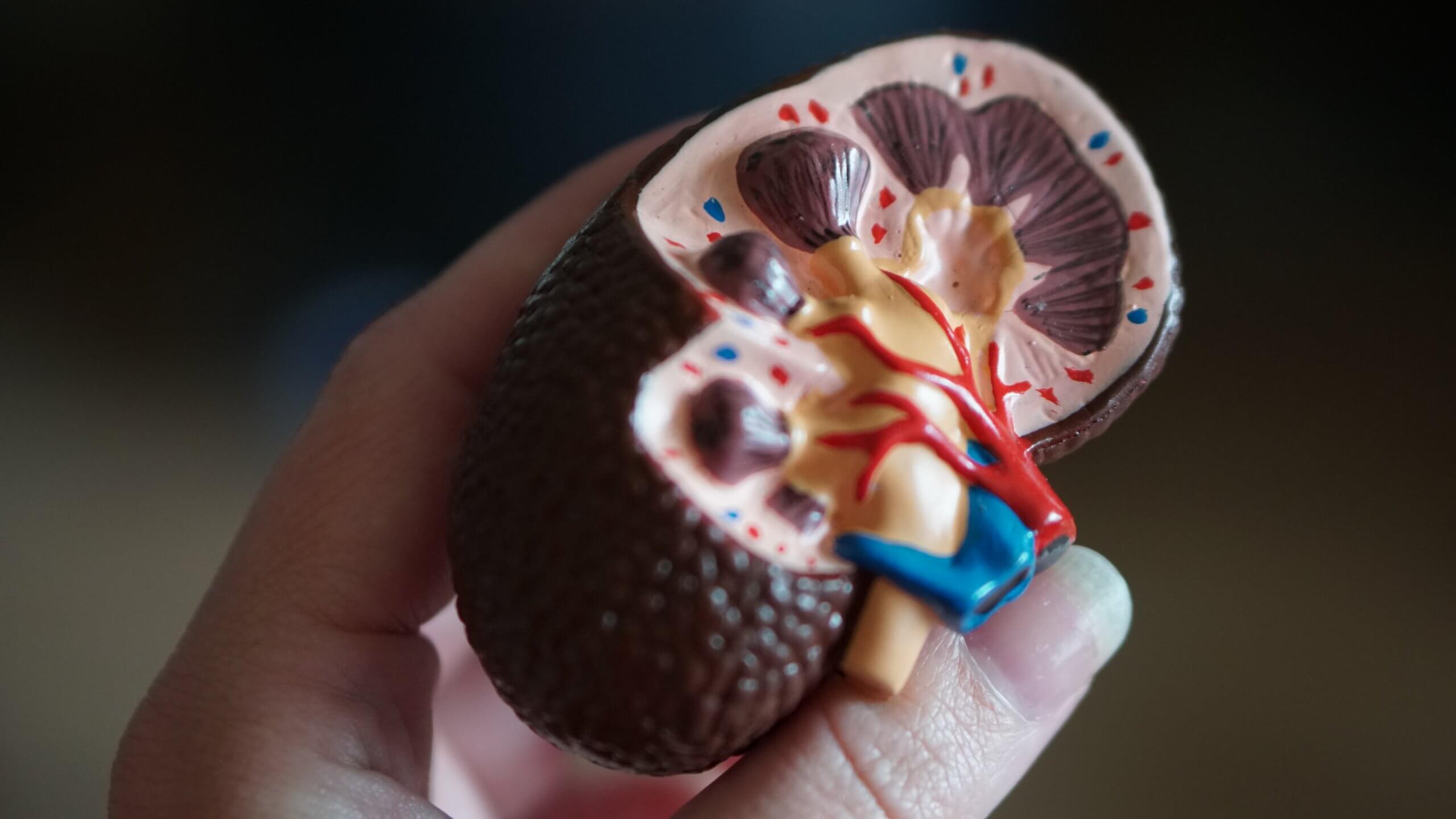@PeterBond's latest article explores the hepatotoxicity of anabolic steroids, how damaging steroids are to the liver, and what can be done about it.
So the biochemical markers of liver damage (ASAT, ALAT, GGT) increase with some steroids but does this mean the liver is actually being damaged?
Take a look at this article to learn more about this widely-reported side effect.

 thinksteroids.com
thinksteroids.com
So the biochemical markers of liver damage (ASAT, ALAT, GGT) increase with some steroids but does this mean the liver is actually being damaged?
Take a look at this article to learn more about this widely-reported side effect.

The Hepatotoxicity of Anabolic Steroids
It is well-known that anabolic steroids can be damaging for the liver (hepatotoxic). In particular, oral anabolic steroids with a specific chemical
 thinksteroids.com
thinksteroids.com



